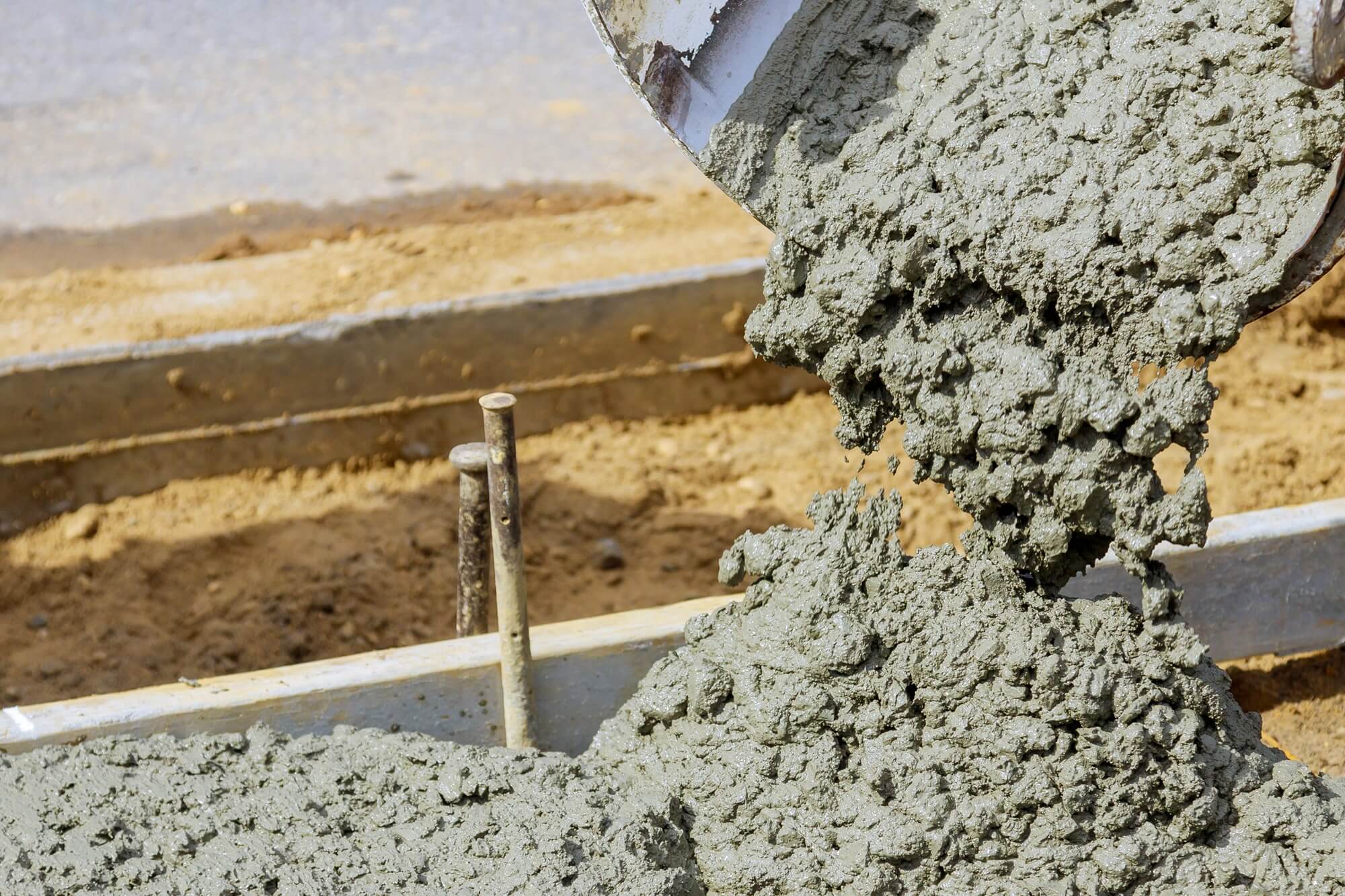Cement Industry in Malaysia
Explore the challenges and promising growth of Malaysia's cement industry in 2026 amid global economic shifts and infrastructure projects.
Malaysia Cement Company Insights: Challenges & Opportunities in 2026
The global cement industry faces fluctuations influenced by various economic and geopolitical factors. While countries like India anticipate substantial growth in cement demand amidst inflation and geopolitical tensions, Malaysia's cement company sector holds its own amidst changing landscapes.
Global Trends and Malaysia's Cement Industry Position
In India, cement demand is expected to surge by 6%-8% in the coming years, highlighting resilience despite inflation and geopolitical disruptions. Meanwhile, Malaysia witnesses a promising trajectory in cement demand, fueled by infrastructure ventures across the nation.
As of 2026, Malaysia’s cement industry continues to show robust growth, supported by mega infrastructure projects such as the MRT3, East Coast Rail Link (ECRL), and Penang’s LRT initiatives. According to reports from RHB Investment Bank Research (RHB IB), these large-scale developments are central to sustaining medium-to-long-term demand, particularly in Peninsular Malaysia.
Factors Driving Malaysia’s Cement Companies and Industry
Several factors bolster Malaysia's cement industry:
- Low inventory levels and strong demand for construction materials
- Transition toward solar and EV-related infrastructure
- Improving sentiment in China's manufacturing and property sectors, influencing regional cement movement
Additionally, bulk cement prices recorded a 24.7% YoY increase in August 2023, and this upward trend is expected to continue in 2026. With the average cement price surpassing historical benchmarks, Malaysian cement manufacturers are seeing increased revenue potential, albeit with tighter margins due to rising costs.
Challenges and Considerations for Cement Companies in Malaysia
Despite the promising outlook, the cement industry remains susceptible to multiple challenges, such as shifts in global economic growth, volatile raw material costs, and unexpected fluctuations in cement prices. These challenges pose risks to any cement company in Malaysia, highlighting the need for strategic planning and adaptability.
1. Rising Operational and Energy Costs
Operational costs in the cement industry are rising due to escalating raw material prices, coal cost hikes, and higher logistics expenses. The removal of electricity subsidies and a potential tariff increase of 566% for industrial users further compound these challenges. The strengthening of the US dollar against the ringgit also narrows profit margins, especially for import-reliant producers.
2. Supply Chain & Regional Price Disparities
Logistics bottlenecks, currency fluctuations, and import delays affect cement supply across Malaysia. In East Malaysia, especially Sarawak, prices remain elevated due to limited supply, high shipping costs, and strong infrastructure-driven demand. Balancing supply and demand in these regions remains a critical issue.
3. Fluctuating Raw Material Prices
The costs of core materials like limestone, clay, and coal remain volatile, impacting production costs and pricing strategies across the supply chain.
4. Environmental Impact
Cement manufacturing is a major contributor to carbon emissions. With Malaysia committing to green transition goals, the industry is under pressure to adopt more sustainable production practices.
5. Push for Sustainable Innovation
The growing demand for eco-friendly cement requires significant R&D investment. Manufacturers must explore alternative fuels and develop low-carbon cement to remain competitive and compliant with evolving expectations.
6. Regulatory Pressures
Stricter environmental regulations, building codes, and fire safety standards necessitate continuous operational adaptation. Cement players must ensure full compliance to avoid legal and reputational risks.
7. Market Competition
Intensifying competition from both local and international cement suppliers creates pricing pressures and impacts market share. Strategic differentiation and cost control are key to staying ahead.
Positive Projections and Future Optimism
Amidst the challenges, RHB IB’s report indicates an optimistic view for cement demand. The rollout of significant infrastructure projects remains a backbone for mid- to long-term growth in cement demand, subsequently benefiting cement manufacturers and buyers in Malaysia.
The positive sentiment surrounding these projects leads to an upward revision in cement production volume assumptions for FY24 to FY25. This upward shift signifies growing confidence in cement and concrete demands in the foreseeable future.
For example, although the industry experienced a slowdown in cement production from April to May 2023, recent developments concerning major infrastructure projects—like the Kuala Lumpur-Singapore High-Speed Rail and Mass Rapid Transit 3 (MRT 3)—infused optimism into Malaysia's construction scene.
These initiatives boost market sentiment and signal potential upswings in construction activities.
Malaysia’s Cement Industry: Growth and Market Challenges
Malaysia’s cement industry is growing steadily, driven by strong demand from infrastructure and construction projects. Production is expected to rise significantly over the next decade, supporting roads, buildings, and industrial developments nationwide. However, the industry also faces challenges such as rising costs for raw materials, energy, and transportation.
Fluctuations in currency exchange rates and supply chain issues can also impact pricing and availability, especially in remote areas. Despite these hurdles, the cement sector remains a key part of Malaysia’s development, with manufacturers adapting to meet both domestic and export needs efficiently.
Final Takeaways
The cement company in Malaysia stands resilient against economic fluctuations, driven by major infrastructure initiatives and diverse market demands. While challenges persist, including market volatility and potential cost escalations, the overall trajectory remains positive.
The ongoing commitment to infrastructure projects fuels optimism for sustained growth, bolstering Malaysia's cement sector outlook for 2024 and beyond.
Heidelberg Materials Malaysia, Construction Materials Manufacturers in Malaysia
Heidelberg Materials Malaysia is one of the leading suppliers of aggregates, concrete, and asphalt manufacturer in Malaysia, providing top-quality cement products and solutions to meet various construction needs.
